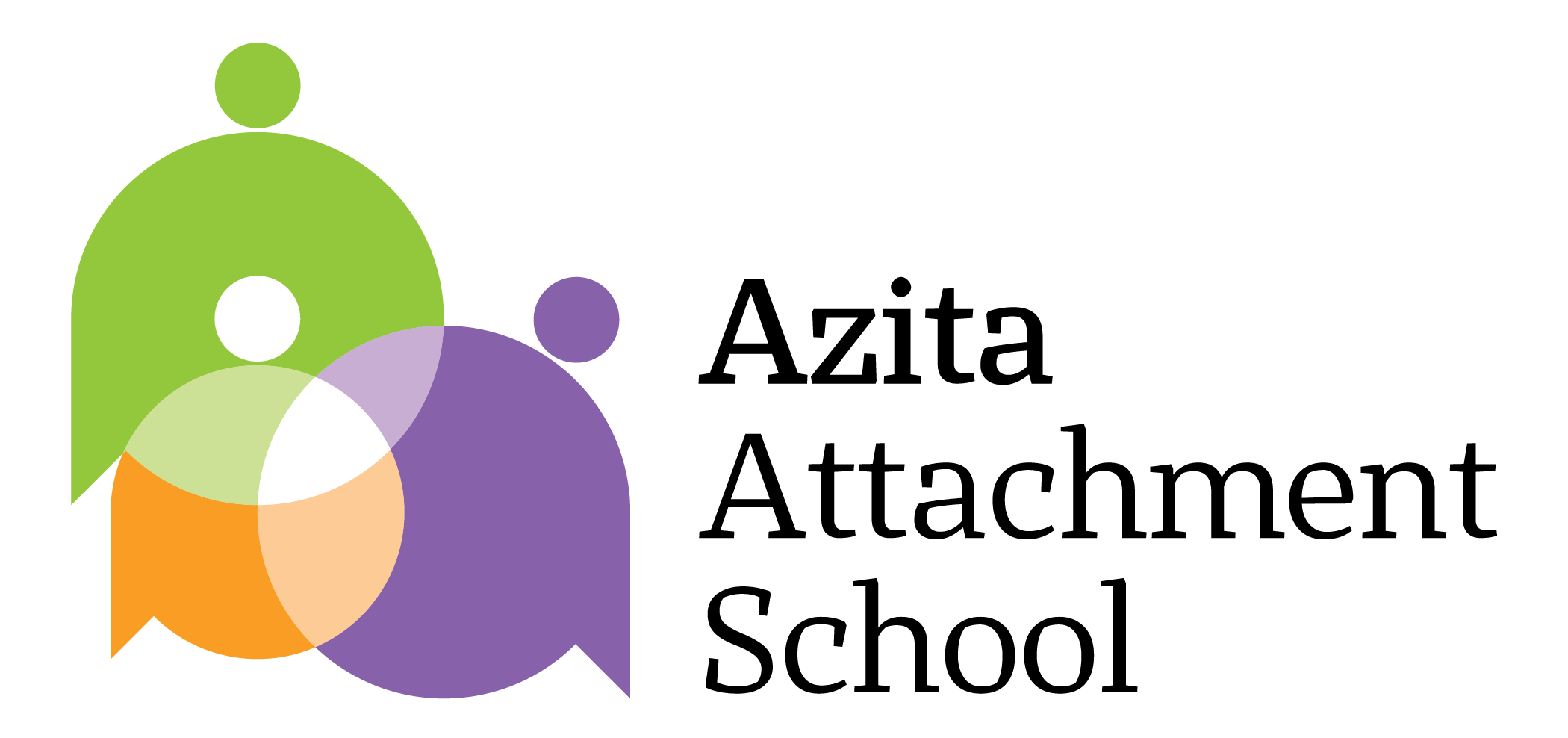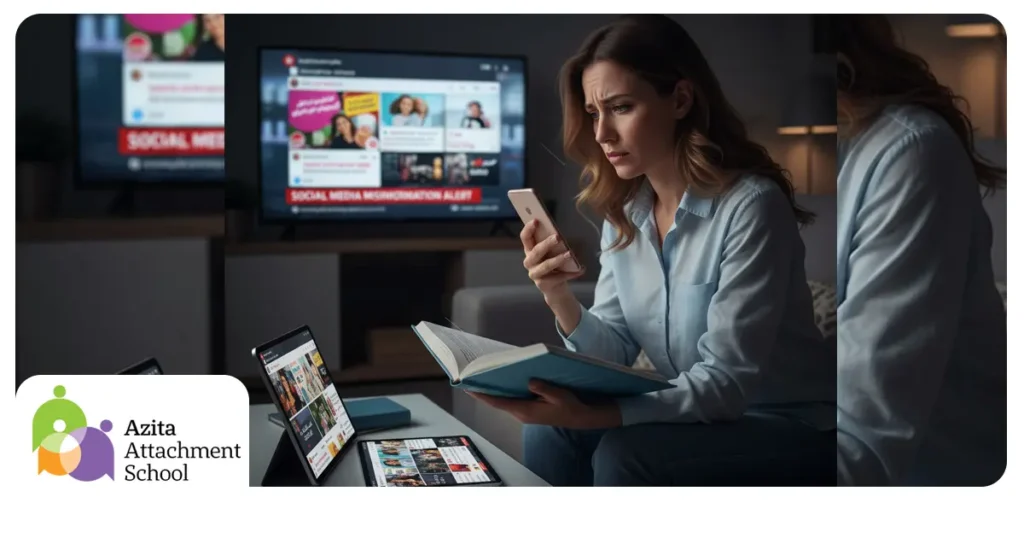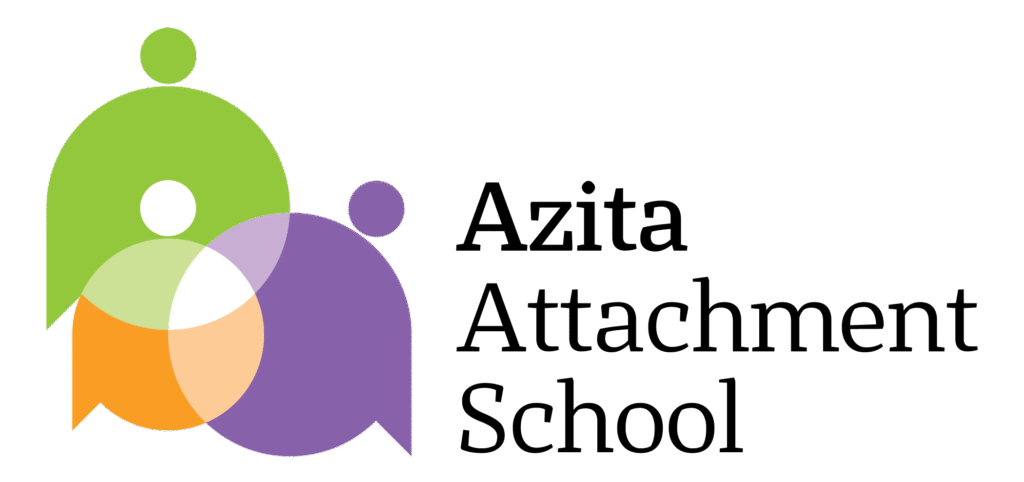Social media is full of parenting tips — but not all are true. Learn how to spot reliable advice, protect your mental health, and parents with confidence in the digital age.
Introduction
Parenting today happens not just at home, but on Instagram, TikTok, and YouTube.
Every day, parents are bombarded with tips about sleep, discipline, and emotions, but much of it is not evidence-based.
According to The Guardian (2025), 33% of UK parents admit to following advice from social media that later turned out to be harmful.
The Rise of Parentfluencers
Parent influencers, or Parentfluencers, have become the new voices of parenting culture.
Some are trained experts many are not.
What works for one child is presented as universal truth.
The problem? Personal experience replaces scientific evidence.
What Research Shows
- APA (2024): 56% of parents struggle to tell credible from fake parenting content.
- Pew Research (2023): Heavy social media users report higher parental stress and comparison anxiety.
- Journal of Child and Family Studies (2024): Non-evidence-based parenting trends can disrupt attachment and emotional stability in children.
Why Parents Fall for It
- Emotional storytelling is more persuasive than data.
- Lack of time makes shortcuts appealing.
- Fear of being a “bad parent” drives impulsive choices.
- Popularity bias: fame ≠ expertise.
Real-Life Case
Sara, mother of two:
A viral TikTok claimed that letting kids “cry it out” builds independence.
She followed it and her son developed sleep anxiety and nightmares.
Later, she learned that the approach was outdated and potentially harmful.
“I thought I was helping him grow stronger, but I was weakening his trust.”
Psychological Impact of Misinformation
- Heightened parental anxiety
- Inconsistent parenting behavior
- Unstable attachment patterns
- Loss of parental confidence
How to Spot Reliable Parenting Advice
Check credentials.
Is the creator a licensed psychologist, coach, or educator?
Look for sources.
Do they cite scientific studies (APA, PubMed, Frontiers)?
Avoid absolutes.
Phrases like “always,” “never,” or “the only way” are red flags.
Notice emotional tone.
True experts educate, not shameful.
Trust your body’s signal.
If you feel pressured or guilty, pause that’s a cue to reassessment.
Practical Tools
- Follow evidence-based parenting communities.
- Set boundaries for consuming content.
- Attend professional webinars or certified courses.
- Consult a coach or therapist when in doubt.
- Teach children emotional media literacy.
Coaching Perspective
Parent coaching in the digital age means helping parents:
- Strengthen their media literacy
- Reconnect with their inner compass
When a parent acts from awareness instead of imitation, algorithms lose control over their values.
Conclusion
Social media can educate or mislead the difference that lies in consciousness.
Don’t let viral posts define your parenting.
Your calm, reflective presence is more powerful than any trending advice.
“Algorithms don’t raise children humans do.”
References
- The Guardian (2025). Parenting Advice on Social Media Is Often Poor Quality.
- APA (2024). Parenting in the Age of Information Overload.
- Pew Research Center (2023). Digital Parenting and Emotional Health.
- Journal of Child and Family Studies (2024). Effects of Misinformation in Parenting Advice.
- Circle of Security International (2020). Reflective Parenting Framework.


